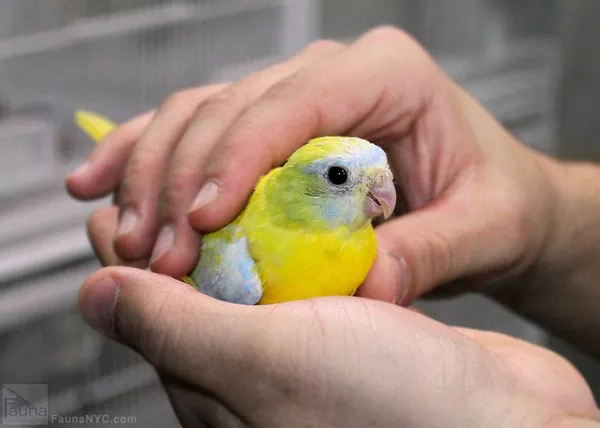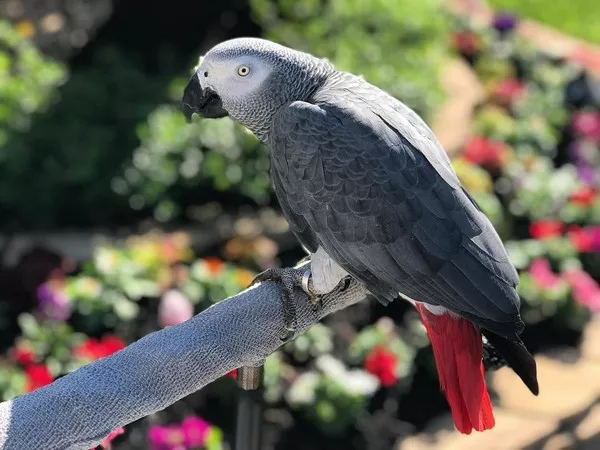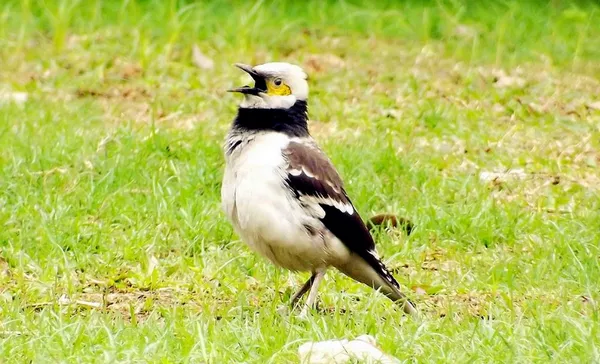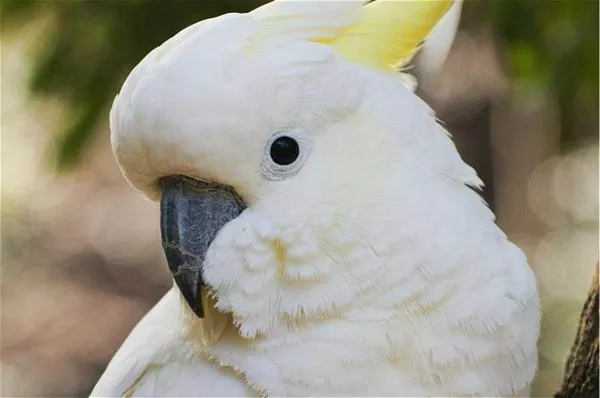Indian Ringnecks are known for their beautiful plumage, but if you notice that your bird is losing feathers, it can be a cause for concern. Feather loss can be due to a variety of reasons, including medical issues, environmental factors, and behavioral problems. Here are some of the most common reasons why your Indian Ringneck may be losing feathers, and what you can do to address the issue.
-
Molting
The most common reason why Indian Ringnecks lose feathers is due to molting. Molting is a natural process where birds shed old, damaged feathers and replace them with new ones. During molting, you may notice that your bird is losing more feathers than usual, and you may find feathers around their cage or on the floor. Molting can occur a few times a year, and can last anywhere from a few weeks to a few months.
What to do: During molting, it’s important to provide your Indian Ringneck with a healthy diet that is high in protein and vitamins. This will help support feather growth and keep your bird healthy. You may also want to provide your bird with a mineral block or cuttlebone, which can provide additional nutrients and help prevent calcium deficiencies.
-
Medical Issues
Feather loss can also be due to underlying medical issues. Some of the most common medical conditions that can cause feather loss in Indian Ringnecks include bacterial, viral or fungal infections, parasites, and hormonal imbalances. If your bird is losing feathers along with other symptoms such as weight loss, lethargy, or changes in behavior, it may be an indication of a medical issue.
What to do: If you suspect that your Indian Ringneck has a medical issue, it’s important to take them to an avian veterinarian for a check-up. The veterinarian will perform a physical exam and may recommend additional tests to determine the underlying cause of the feather loss. Treatment will depend on the specific medical issue, and may include medications, supplements, or changes in diet.
-
Environmental Factors
Environmental factors can also play a role in feather loss. If your Indian Ringneck is exposed to drafty or cold conditions, or if they are living in a dirty or overcrowded environment, it can cause stress and lead to feather loss. Other environmental factors that can cause feather loss include exposure to toxins or chemicals, and lack of sunlight.
What to do: To prevent feather loss due to environmental factors, it’s important to provide your Indian Ringneck with a clean and safe living environment. This includes keeping their cage clean and free from debris, providing them with fresh water and food daily, and ensuring that they have access to natural light. You should also avoid exposing your bird to harsh chemicals or toxins, and make sure that their cage is located in a draft-free area.
-
Behavioral Problems
Feather loss can also be a result of behavioral problems. Some Indian Ringnecks may pluck or chew their own feathers due to stress, boredom, or anxiety. Feather plucking can become a compulsive behavior, and can cause permanent feather damage and even skin infections.
What to do: If you suspect that your Indian Ringneck is plucking or chewing their own feathers, it’s important to address the underlying cause of the behavior. This may involve providing your bird with more toys and activities to alleviate boredom, providing them with more social interaction, or making changes to their environment to reduce stress. In some cases, behavioral therapy or medication may be necessary to treat compulsive feather plucking.
If your Indian Ringneck is losing feathers excessively or has bald spots, it’s best to take them to an avian veterinarian for an evaluation. A veterinarian can determine the underlying cause and recommend appropriate treatment.
In conclusion, there are several reasons why an Indian Ringneck may lose feathers, including molting, stress, poor nutrition, parasites, and health issues. Owners can help prevent feather loss by providing a healthy diet, a clean and stress-free environment, regular veterinary checkups, and plenty of attention and socialization. With proper care and attention, Indian Ringnecks can live long, healthy, and happy lives.
Recommended reading:


























